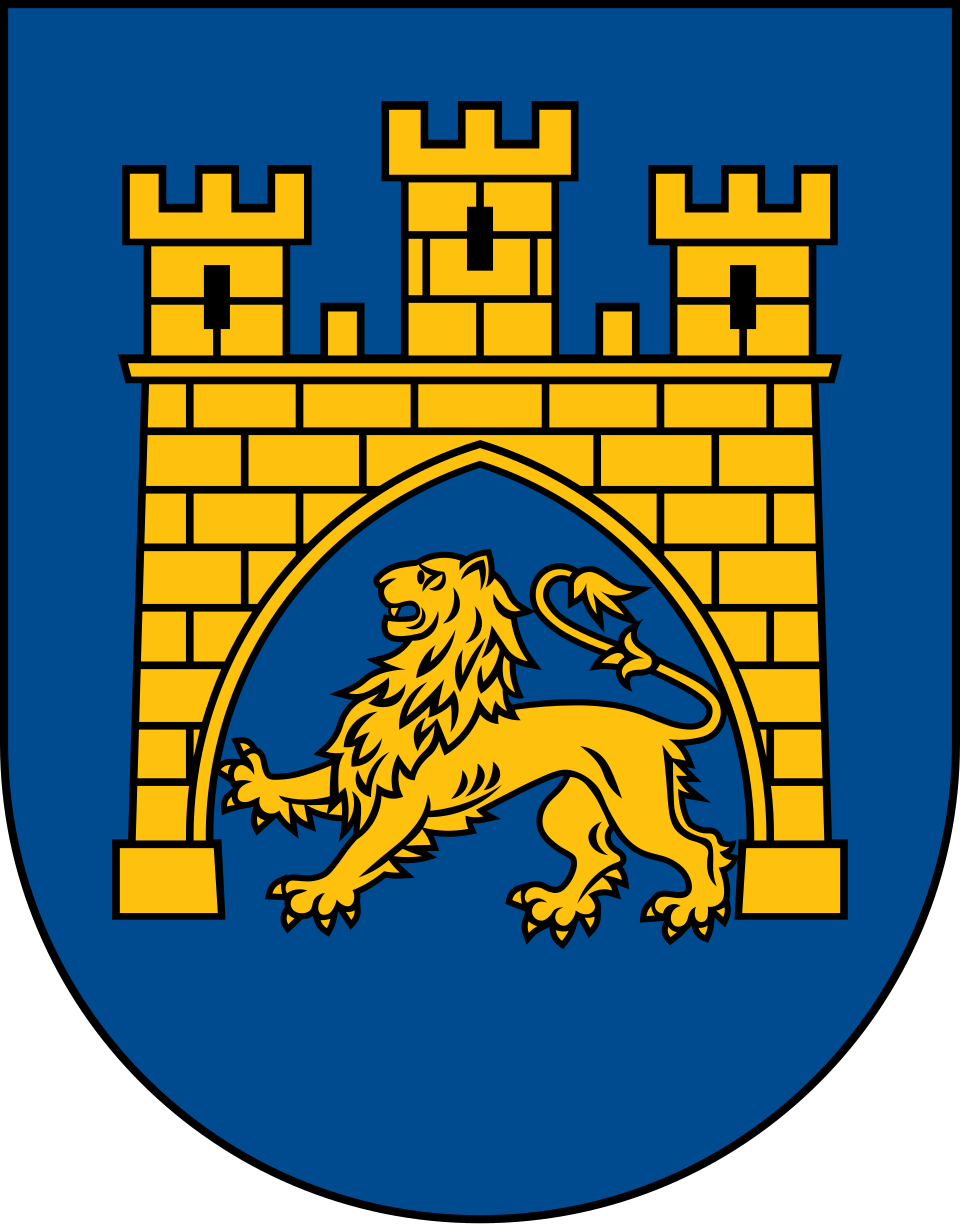Strengthening Local and Regional Governance: A Cornerstone of EU's Global Development Strategy
Marjeta Jager
Deputy Director-General, DG International Partnerships European Union
In the pursuit of inclusive and sustainable global development, the European Union has recognised the pivotal role played by Local and Regional Governments - LRGs. As the Deputy Director-General of the Directorate-General for International Partnerships, I am delighted to shed light on the collaborative efforts between the EU and LRGs to address pressing global challenges and pave the way for a more promising future for communities worldwide.
The EU's commitment to recognising LRGs as significant actors is deeply rooted in the European Charter of Local Self-Government, adopted by the Council of Europe in 1985. This commitment is further reinforced by principles embedded in the EU Treaties. The Subsidiarity Principle, the Cohesion Policy, and financial instruments like the European Regional Development Fund underscore the EU's dedication to empowering local authorities. A landmark moment in this journey occurred in 2013 with the EC Communication, "Empowering Local Authorities in Partner Countries for Enhanced Governance and More Effective Development Outcomes". This marked a paradigm shift, acknowledging LRGs as vital development actors. This transformative vision led to the establishment of the Territorial Approach to Local Development, promoting a holistic, place-based, and multi-stakeholder approach to our cooperation.
The EU's dedication to engaging with LRGs is reaffirmed in key policy documents, such as the 2017 EU Consensus on Development, emphasising multi-stakeholder partnerships and rights-based approaches. The EU Action Plan on Human Rights and Democracy 2020-2024 highlights support for democratic institutions at the local level, while sectoral policies like the EU Gender Action Plan III and the Youth Action Plan stress the importance of collaboration with local actors. The recently adopted Neighbourhood, Development, and International Cooperation Instrument (NDICI)-Global Europe demonstrate a strategic focus on LRGs, emphasising their key role in implementing EU Development Policy. In December 2021, we launched a new values-based offer called Global Gateway which is the EU’s contribution to narrowing the global investment gap while putting the emphasis on the promotion of the enabling environment, regulatory frameworks, norms and standards which ultimately strengthen governance at local and regional level.
Global Gateway is delivered by the EU and its Member States in the so-called Team Europe approach, mainly through Joint Programming and large-scale transformative Team Europe Initiatives (TEIs). Our guidelines to implement this approach emphasise the unique understanding of challenges and opportunities that LRGs bring, emphasising their vital role in policy discussions. In 2023, the "Cities and Regions for International Partnerships Forum - Localising Global Gateways" emphasised the potential of decentralised cooperation and peer-to-peer LRGs exchanges. The Forum highlighted the crucial role of LRGs in achieving Sustainable Development Goals (SDGs), fostering dialogue between EU citizens and partner countries, and advancing the human development pillar of the Global Gateway strategy.
Additionally, the Policy Forum on Development and Framework Partnership Agreements (FPAs) with LRG networks underscore the EU's dedication to structured dialogue and cooperation. The renewal of FPAs in 2022 with global local government organisations further solidifies the EU's commitment to deepening this dialogue. A recent milestone is the establishment of the EU Global Gateway Civil Society and Local Authorities Dialogue Platform. Launched on 24 October 2023, alongside the first Global Gateway Forum, the Platform aims to contribute to the implementation of the Global Gateway strategy, ensuring transparency, accountability, and adherence to EU values. The European Commission will integrate perspectives and recommendations from civil society and local authorities via the Platform to ensure a fully inclusive approach, upholding the rule of law and respecting international norms and standards and the Busan development effectiveness principles.
In conclusion, the EU's partnership with LRGs is a cornerstone of its global development strategy. By recognising LRGs as essential actors, the EU is fostering a more inclusive, transparent, and accountable approach to development. As we move forward, DG INTPA remains committed to strengthening these partnerships and advancing the shared goals of sustainable and equitable global development.










































































